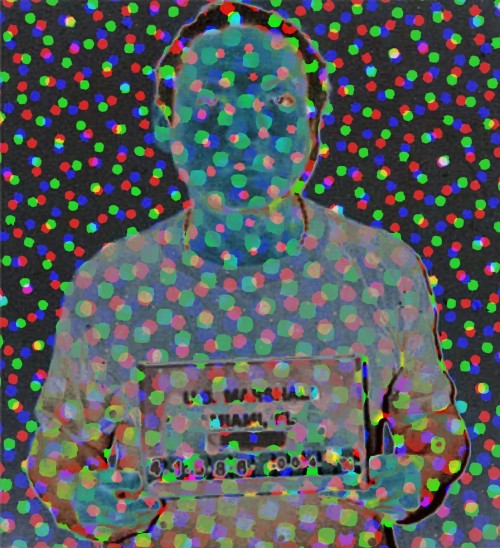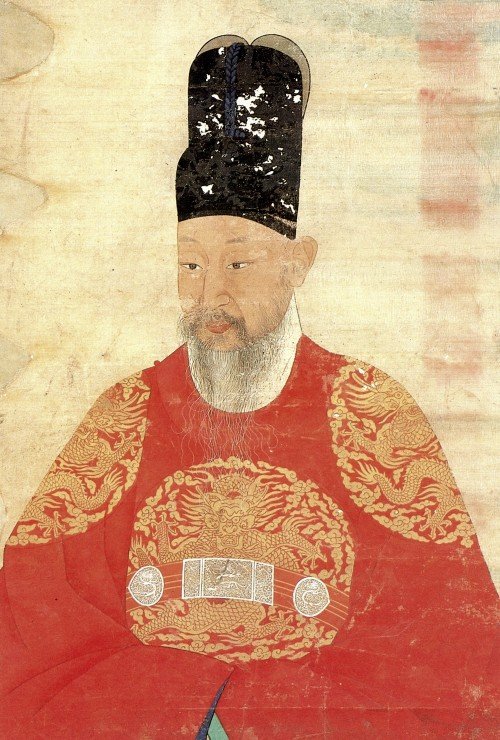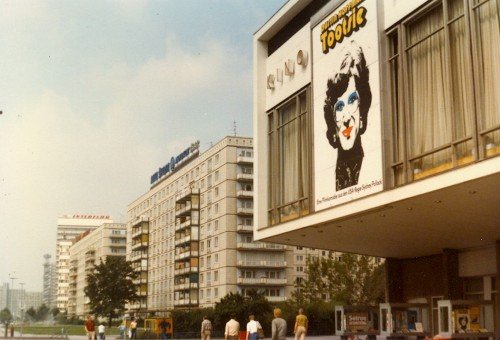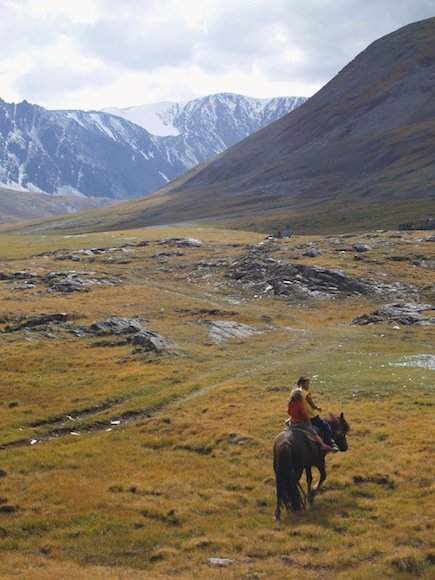Political memoirs should probably always be approached with a healthy scepticism. This one was written by a man in prison for drug-trafficking, so I approached it with a lot of uncertainty; especially since I don’t know enough about the politics of Central America in the 80s.
The book does provide some help in the form of Peter Eisner, the American journalist who ghost-wrote the main text, based on interviews with Noriega, and added an introduction, footnotes and endnotes which (as agreed in advance) Noriega did not have any say over. So that provides some useful context.

Noriega’s version of events is that he was nothing but a patriot, working for the good of the people of Panama, trying to avoid getting caught up in the shitshow of Nicaragua and Honduras, and trying to keep on the good side of both the Americans and the Cubans. He also says that the US invasion of Panama was based on nothing but political expediency, that the drug charges against him were trumped up, and that the Americans were up to their eyeballs in every nasty, dirty, shady thing that happened in Central America, including drug-running.
Now a lot of his accusations are clearly true; but of course that doesn’t mean it’s all true. So, for example, given the stuff we know the CIA and the DoD were getting up to in Central America — most famously, but not only, Iran-Contra — pretty much any accusation against them starts sounding plausible. And of course the invasion was political: the fact that they ousted an uncooperative government 12 days before the Canal Zone was due to be handed over to Panamanian control doesn’t seem like a coincidence. And the idea that they did it because Noriega was a Bad Man? Well, given the kinds of regimes the US propped up in Latin America, they clearly had a very high tolerance for brutal dictatorships when it was convenient. But then you can say the same about, say, Saudi Arabia and Iraq: support for the Saudis undermines any claim to a foreign policy designed to spread democracy, freedom and human rights; but whatever the real motivations for invading Iraq, that doesn’t alter the fact that Saddam Hussein was a genuinely terrible figure.
For what it’s worth, Eisner’s conclusion is that Noriega was clearly guilty of a lot of things — like rigging elections and intimidating the opposition — but that Panama was still comparatively stable and peaceful compared to most of its neighbours. And that if Noriega was running drugs, the trial did a poor job of proving it; it relied on testimony from informants within the US prison system who were rewarded for their testimony with reduced sentences, and potentially damning evidence about American government involvement was ruled either secret or inadmissible.
Who knows. I mean, somebody probably does, and if I did the research I might have a clearer idea; but I found the book interesting, even without knowing what to make of it. The tangled politics of the region, and the extent to which the US government was caught up in it, is fascinating. Presumably, now we’ve moved on from the Cold War to the War on Terror, the CIA is less involved in Central America than it used to be, but who knows what they’re now getting up to in, say, Yemen. Or Egypt, Indonesia, Pakistan, Turkey…
[Oh, yeah, I forgot to say: this is my book from Panama for the Read The World challenge.]



